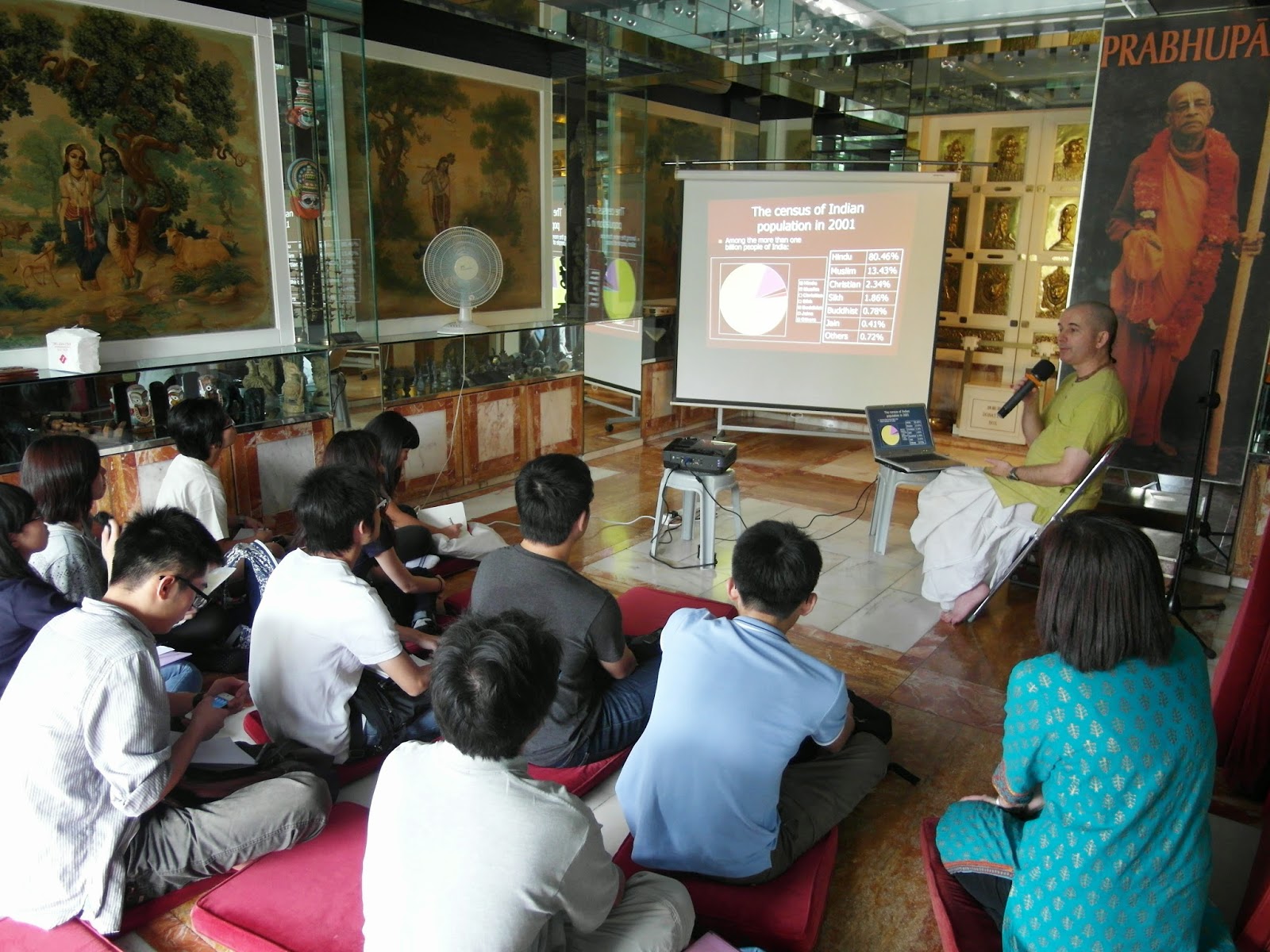Professor Joseph Bosco has recently published his article "The Problem of Greed in Economic Anthropology: Sumptuary Laws and New Consumerism in China" in Economic Anthropology. In this article, through review and comparison of the restriction on consumption in both Qing Dynasty and Mao's China, he argued, based on his research on shampoo consumption in China, that "the present push to greater consumption, just like the past restrictions on consumption, is based not on individual motivation or personality, but on the cultural logic of the system itself."
Click here to view the whole article.
Abstract
Until recently, greed was kept in check in China by two forms of nonreligious restriction on consumption, the sumptuary laws of the imperial period and by politically imposed austerity of the collective era. Sumptuary laws in Qing Dynasty (1644–1911) China, enforced Confucian notions of hierarchy, modesty, and restraint and limited the display and spending of the wealthy. In contrast, political and social pressures led the masses in Mao's China to dress virtually alike. Though there were significant, albeit small, variations in clothing among urban residents, the apparent homogeneity in consumption was as much the result of poverty as of political commitment. Post-1979, hyperconsumerism has swept aside all traditional restrictions and reservations on conspicuous display. This is illustrated by the rapid acceptance of foreign brands of shampoo beginning in the 1990s. The discourse of greed and excess focuses on individual motivation, as is common in the thinking of individualizing capitalism. The case of shampoo in China shows that the present push to greater consumption, just like the past restrictions on consumption, is based not on individual motivation or personality, but on the cultural logic of the system itself.














